508 FAITH BASED RELIGIOUS ASSEMBLY
The 508(c)(1)(a) Faith Based Organization (FBO) is a religious, non-
profit, tax exempt organization. The 508(c)(1)(a) FBO is separate and
distinct from a 501(c)(3) charity and unincorporated FBO’s.
The 508(c)(1)(a) Faith Based Organization (FBO) is a religious, non-
profit, tax exempt organization. The 508(c)(1)(a) FBO is separate and
distinct from a 501(c)(3) charity and unincorporated FBO’s.
An unincorporated FBO by definition is a First Amendment
Church/Organization.
The 508(c)(1)(a) is recognized by the Federal Government, by all 50
states and recognized internationally under the Hague Convention of
the United Nations Charter.
Since its inception in 1954 with the Johnson Amendment, the 501(c)(3)
has been promoted and advertised by many as the only option to
organizing a FBO. This is incorrect. Federal law, IRS publications,
and court cases all confirm and establish the rights and protection
of the 508(c)(1)(a) FBO.
The 508(c)(1)(a) FBO enjoys a “mandatory exemption” from all the
restrictions a 501(c)(3) FBO has including free speech restrictions,
IRS reporting requirements, rules and regulations that the IRS may
from time to time prescribe and providing testimony under oath.
With that being said, a 508c1a is a registered state entity just as a
501c3 is a State and Federal sanctioned entity. Keep this in mind as
we proceed further in this document. A 508c1a is a 501c3 with special
exemptions.
A 508c1a Faith Based Organization is a not-for-profit in the same
context as a 501c3. The general context of operation for this form of
organization is as follows:
1. The 508c1a is registered at the state level only. It is
exempt from all Federal filing requirements of the 501c3,
including tax returns for the church itself. This is United
States Code 26 508 and United States Code 26 6033.
2. The 508c1a FBO enjoys a “mandatory exception” from all the
restrictions a 501c3 FBO has including free speech restrictions,
IRS reporting requirements, rules and regulations that the IRS
may from time to time prescribe and providing testimony under
oath.
3. The 508c1a is registered as a not-for-profit with the state,
and hence provides for limited liability. While not perfect, and
no law is, you do have some private asset protection. Under
Federal law a 508c1a is automatically tax exempt at the Federal
level.
4. Can give tax deductible receipts for donations.
4. Freedom of Speech, as indicated in item 2 above, including,
but not limited to, politics, referendums, initiatives, and
candidates.
6. Can ordain and license it’s own leaders.
7. With proper filing with the state, it may receive a sales tax
exemption certificate. NOTE: Not all states will allow a 508 to
be sales tax exempt. Contact your Dept. of Revenue for details.
8. Providing the state certificate of organization and state
exemption of sales tax can be proof of exemption from property
tax on a church related structure. This is true for only a
single property.
9. The 508c1a operating as a church, may or may not have paid
employees or clergy. Best case is to not have payed employees.
It is best case to have clergy who have a secular job to secure
their private income. (exception is listed in Note 9a)
Note 9a: There is an exception to having clergy or persons
in the capacity of paid employees. It is possible to have
clergy or employees as “private contractors”. The benefit
is they are not employees, and the only paperwork required
of the church is to file a 1099 Misc Income Statement. This
will still require filing for an Employer Identification
Number (EIN). This is the recommended way to distribute
compensation.
In the case where there is a need for a paid employee, the rules
of Employment Tax in IRS publication 1828 must be met (starting
on page 21)(https://www.irs.gov/pub/irs-pdf/p1828.pdf). This is not the
recommended procedure, see Note 9a.
In the instance of a paid clergy, the Special Rules for
Ministers must be met (starting on page 22)(https://www.irs.gov/pub/irs-
pdf/p1828.pdf). This is not the recommended procedure, see Note 9a.
In either case, this would REQUIRE the 508c1a church to file the
SS4 Federal form to obtain an Employer Identification Number
(EIN). This is a free filing and can be done online.
10. It is highly recommended that all who wish to form a 508c1a
church and have paid staff or priest (rather than private
contractors) that they should read IRS Publication 1828 in it’s
entirety.
11. It is highly recommended that the clergy, if they perform
any counseling or confession tasks, to take it upon themselves
to obtain personal liability insurance. This is not overly
expensive, and is simply good practice. None the less, it is a
personal decision.
Be the first to review “508 FAITH BASED RELIGIOUS ASSEMBLY” Cancel reply
General Inquiries
There are no inquiries yet.
Related products
Business
Business
Business
Business




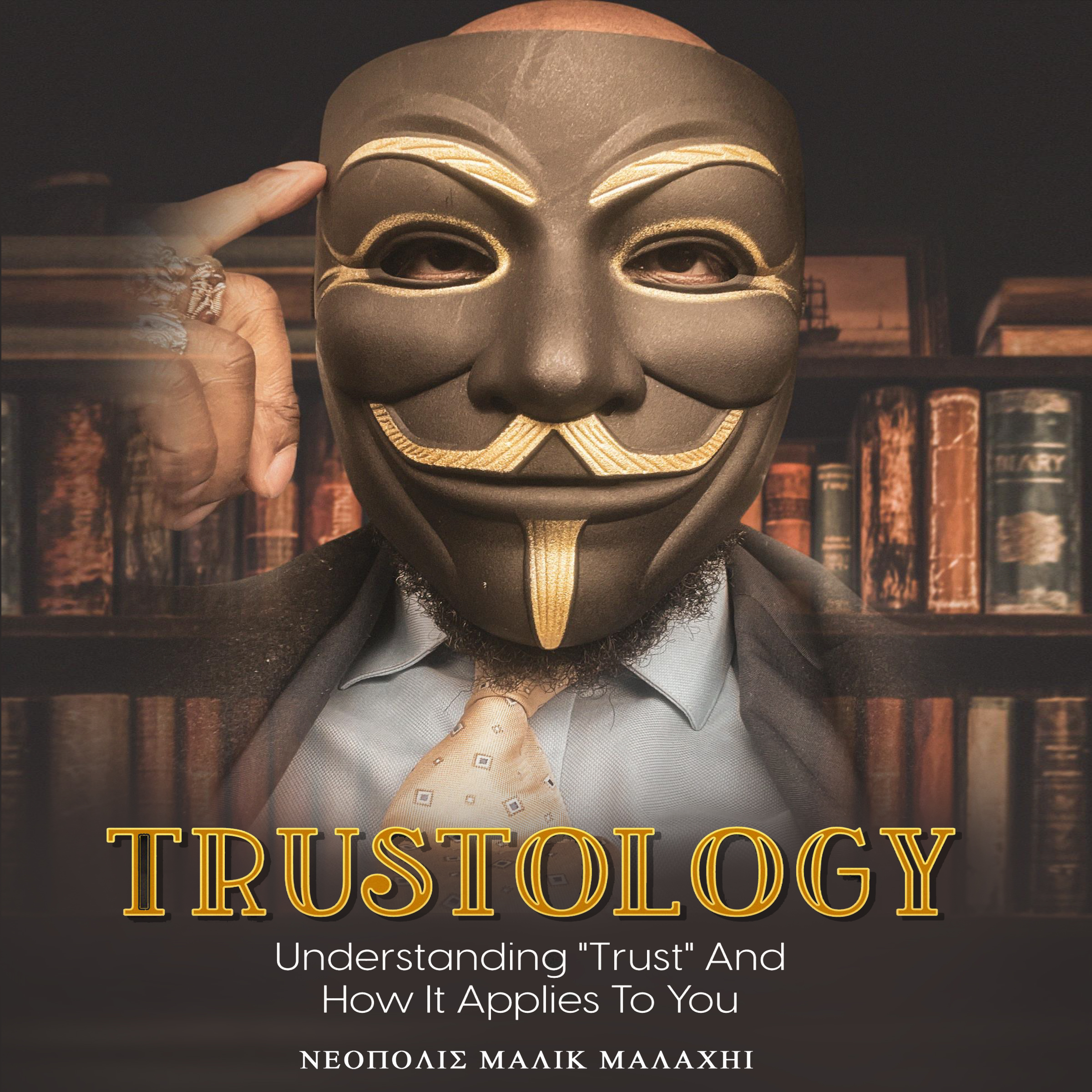

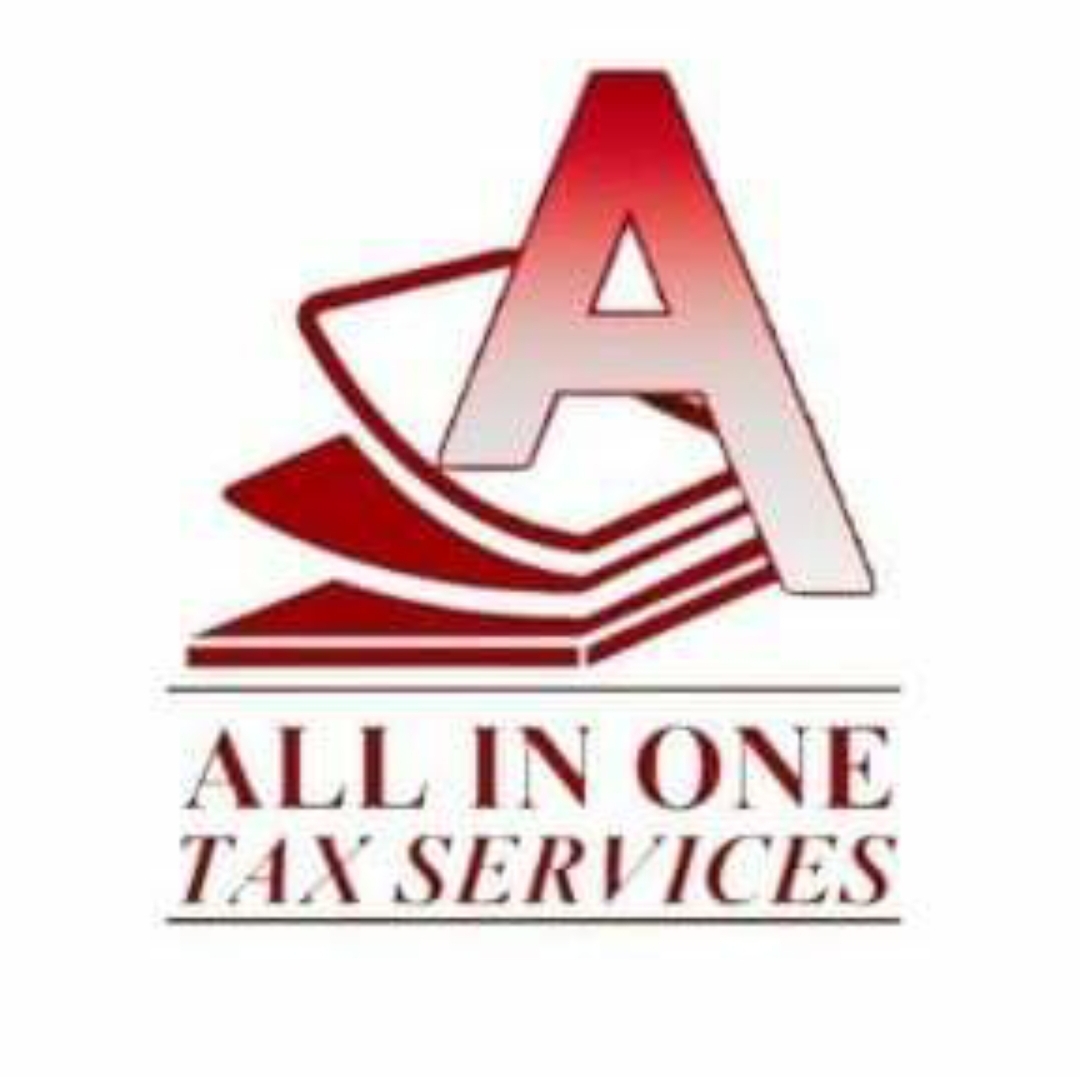

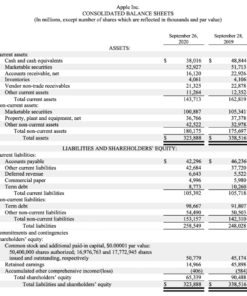



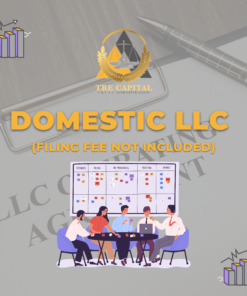
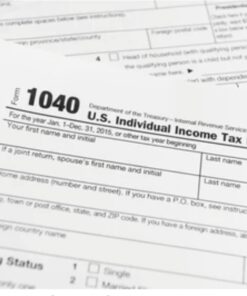

Reviews
There are no reviews yet.